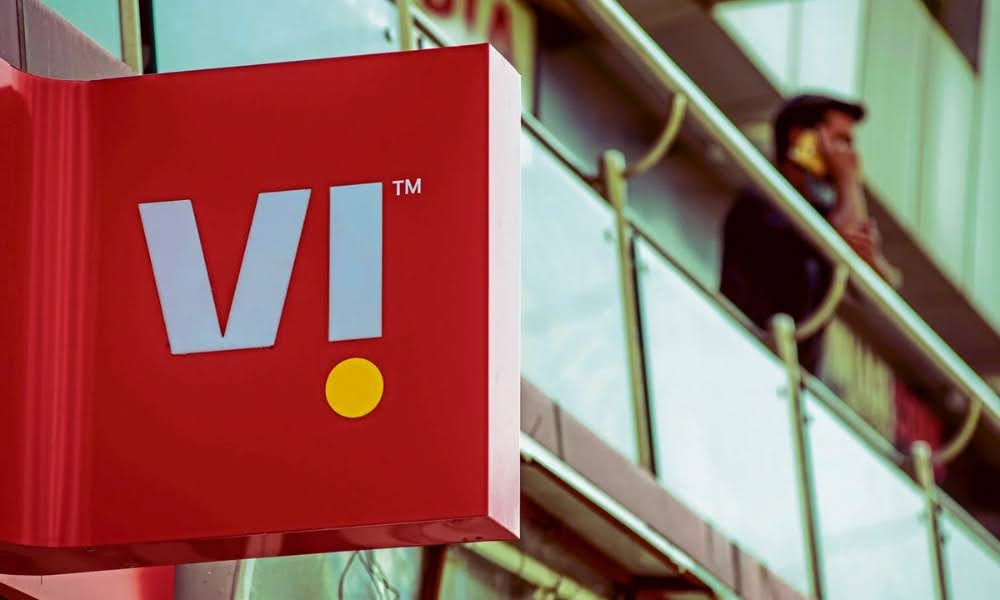Protean eGov Shares Hit 20% Lower Circuit After PAN 2.0 Project Setback

Shares of Protean eGov Technologies Ltd. plunged 20% on Monday, May 19, hitting the lower circuit after the company announced that it was not selected for the next phase of the PAN 2.0 project initiated by the Income Tax Department (ITD).
Income Tax Department Rejects Protean’s Bid
In a filing over the weekend, Protean eGov Technologies revealed that the Income Tax Department had issued a Request for Proposal (RFP) inviting bids for the role of Managed Service Provider (MSP) for the PAN 2.0 initiative.
This includes design, development, implementation, operations, and maintenance of the new PAN infrastructure.
Protean had submitted a bid for the project but confirmed in its exchange filing that it was not shortlisted for the next round.
Limited Impact on Existing Services
According to the company, the PAN 2.0 project is essentially a technology overhaul and, at present, appears to have limited or minimal impact on its current PAN processing and issuance services.
“In our understanding, this is a project for technology revamp… and at present, it appears to have limited or minimal impact on our ongoing PAN processing issuance services under the existing mandate with the Income Tax Department,” the company stated.
During an investor call, Managing Director Suresh Sethi added, “We have reached out to the tax department to seek further clarity on their stance. As of now, we see limited impact.”
Investor and Shareholding Details
Notable public shareholders include Ramesh Damani with a 1.05% stake and Ajay Aggarwal holding 1.12%. Though the company has no promoter holding, several lenders own stakes—Canara Bank (1.23%), Bank of Baroda (1.54%), Punjab National Bank (2.25%), Axis Bank (3.18%), and State Bank of India (4.93%).
A significant portion of Protean’s ownership lies with small retail shareholders, with 1.98 lakh investors holding a 39% stake at the end of the March quarter.
Business Operations Remain Stable for Now
The company’s management emphasized that PAN 2.0 is not related to the processing and distribution part of the PAN system, which remains Protean’s core responsibility.
They stated that the RFP represents a long-term project, implying no immediate disruption to financials.
Currently, three-fourths of PAN applications are processed through Protean’s distribution channels. Management estimates that PAN 2.0 will take a few years to go live, giving the company time to adapt.
Analysts React with Mixed Views
Despite the reassurances, Equirus Securities expressed strong concerns, labeling the news as a negative development. PAN-related services account for nearly 50% of the company’s revenue, and the segment has historically funded new initiatives.
Consequently, Equirus downgraded the stock from “add” to “sell” and slashed its price target from ₹1,730 to ₹900. The brokerage predicted a 75%-100% collapse in this revenue stream within 2-3 years.
On the other hand, Anand Rathi acknowledged the near-term sentiment hit but maintained that the financial impact remains limited due to the unaffected core operations.
As of now, five out of six analysts tracking Protean eGov Technologies have a “buy” rating, while one has a “hold” recommendation.
Fall in Share Price and Business Outlook
Shares dropped 20% on Monday to ₹1,143.20, erasing all the gains made this year. The stock now trades 22% lower on a year-to-date basis.
ICICI Securities remarked that Protean was the leading contender for the PAN 2.0 project and the rejection introduces uncertainty in its PAN business outlook for the medium term.
Protean’s PAN services segment contributed 61% of business in H1FY25 and holds a 64% market share in total PAN issuances. Revenue from this segment grew 33% between FY22 and FY24, driven by increasing PAN card demand and compliance deadlines like the Aadhaar-PAN linkage.
Looking Ahead
Earlier in January, the company had said the PAN 2.0 initiative aims to upgrade the IT stack supporting PAN issuance.
Protean clarified that while they collect applicant data and forward it to the ITD, the core platform issuing PAN numbers runs on the department’s IT infrastructure. The objective is to modernize that stack and introduce streamlined application processes.
During its December earnings call, the company had noted the difficulty in assessing revenue impact if it did not win the PAN 2.0 bid.
It stated that any shift in distribution or citizen services would need its own adjustments and that a revised business model could only be defined once the project unfolds.









